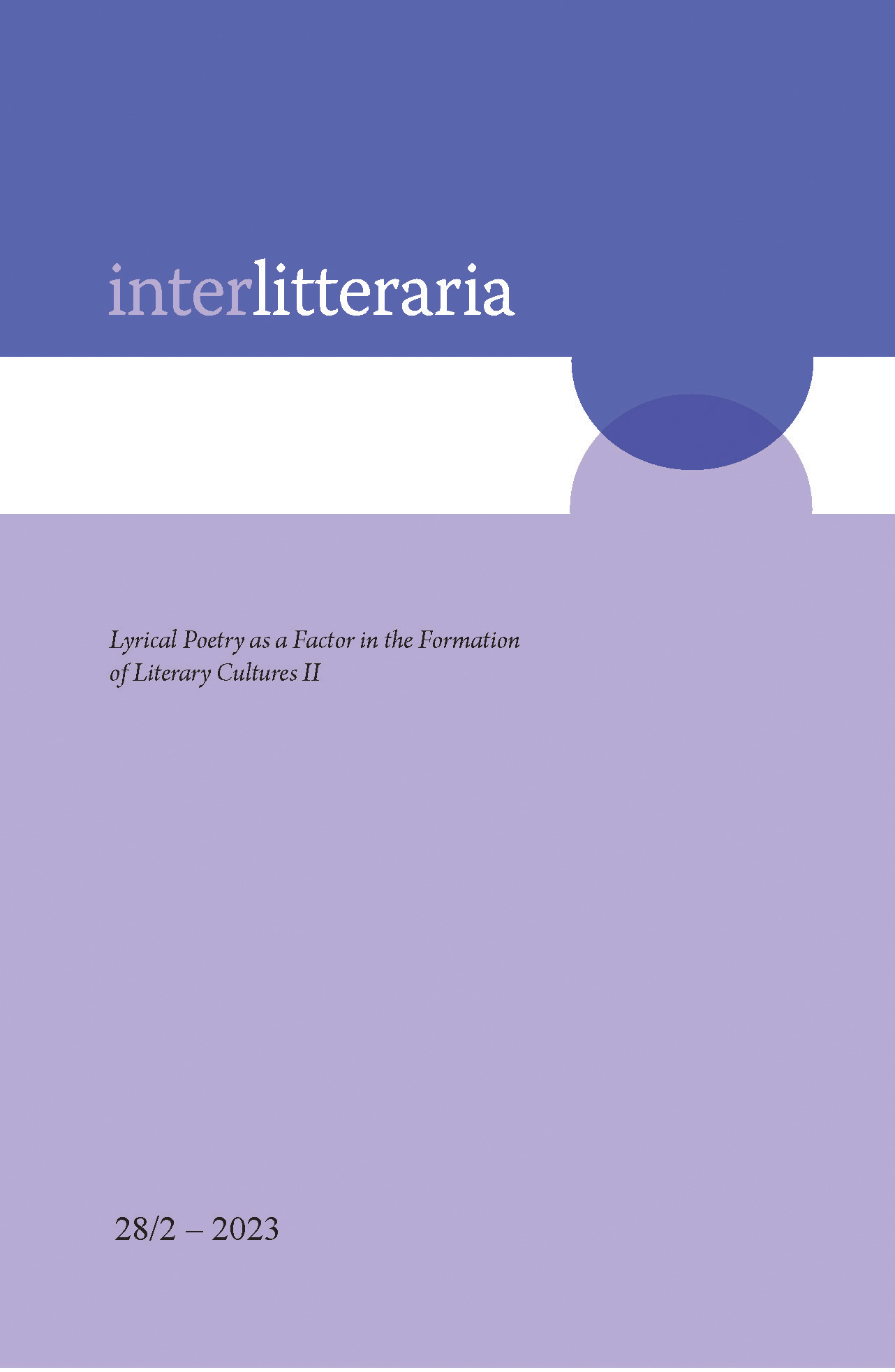The Seasons by James Thomson and the Baltic German Poetry about the Seasons in the Era of Baltic Enlightenment
DOI:
https://doi.org/10.12697/IL.2023.28.2.9Keywords:
James Thomson, 1700–1748, The Seasons, Enlightenment, nature, poetry, Baltic German, receptionAbstract
Since 2016 one of my research topics has been the Baltic German reception of English poetry through the lens of cultural historical book collections in Estonia. One of my findings has been that James Thomson’s The Seasons belonged among the most often received works of English poetry by Baltic Germans in Estonia, after James Macpherson’s Poems of Ossian and John Milton’s Paradise Lost and followed by Edward Young’s Night-Thoughts. (Kaur 2018: 375) Except for Milton’s, these works are almost unknown to modern Estonian readers. Therefore a few words to introduce Thomson and his famous work should be said.
James Thomson (1700–1748) was an 18th century Scottish poet and playwright. Son of a Presbyterian minister, he studied at the College of Edinburgh to become a minister (1715–1719). However, very soon he found that preaching was not his calling and moved in 1725 to London to commit himself to literary work. There he created his poetic tetralogy in blank verse Winter (first published in 1726), Summer (1727), Spring (1728) and Autumn, which appeared together under the title The Seasons in 1730 (revised version in 1744). Enthusiastic, patriotic and full of love for flora, fauna, people, landscapes and everchanging weather conditions of his surroundings, but also of the wider world, it was received with great admiration by his British compatriots. But not only them: a new fresh interest in nature and especially in the phenomenon of the seasons as well the wish to describe and express them through poetry and other artistic means can be traced in Europe. Some years before Thomson the famous Italian composer Antonio Vivaldi had created his violin concerto The Four Seasons (1718) and a German poet and senator from the city of Hamburg, Barthold Hinrich Brockes, had started to publish his series Irdisches Vergnügen in Gott (Earthly Delight in God) (1721–1748) in which he meticulously described many objects from and views of nature as God’s creations, inspired by English and Dutch physical theology.
Downloads
Downloads
Published
Issue
Section
License
Copyright (c) 2023 Kairit Kaur

This work is licensed under a Creative Commons Attribution-NonCommercial-NoDerivatives 4.0 International License.
The contents of Interlitteraria are published under CC BY-NC-ND licence.


